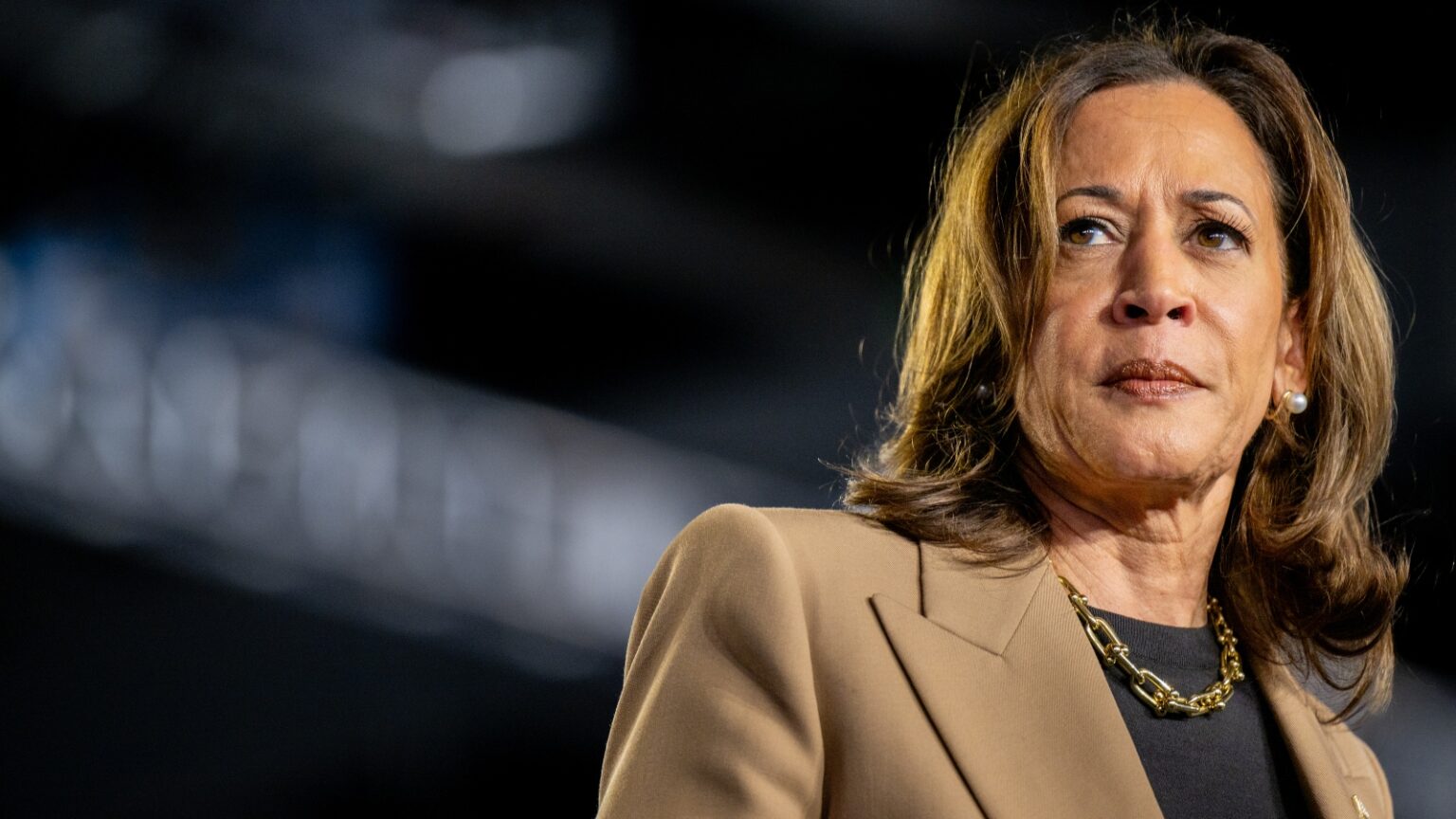Kamala Harris’ recent CNN town hall, held in a Philadelphia suburb, was expected to be a defining moment—a chance for the vice president to sway undecided voters and lay out her plans. Instead, it quickly turned into an uncomfortable spectacle marked by vague answers, confusing phrases, and what many are calling a “word salad” of political jargon. Even CNN’s typically supportive commentators struggled to spin the night into something positive.
CNN’s Van Jones, a former Obama advisor, didn’t hold back. “The word salad stuff gets on my nerves,” he admitted, adding that Harris’s tendency to avoid direct answers was more off-putting than persuasive. For viewers, it was clear that Harris missed an opportunity to connect, coming across as evasive rather than decisive.
From the outset, Harris leaned heavily on criticism of former President Donald Trump rather than presenting her own vision. Her choice to label Trump a “fascist” felt like overused rhetoric, especially at a time when many Americans are more concerned with pressing issues like inflation and rising crime. In the end, her focus seemed misaligned with the daily worries of everyday citizens.
In a rare moment of frankness, even CNN’s commentators couldn’t mask their disappointment. Jones tried to salvage the situation, saying Harris “cares about people,” but the remark seemed more like a reluctant concession than a ringing endorsement. Americans are seeking leadership and action, not just empathy.
Throughout the event, Harris struggled with even the most straightforward policy questions. When asked about tax policy and healthcare, her answers were alarmingly vague. On topics like fracking and the economy, she offered platitudes but few specifics. One CNN columnist remarked that her explanation on tax policy was “a very complicated situation,” sounding more like a way to dodge the question than clarify her stance.
This town hall was Harris’ chance to shift perceptions and make her case to undecided voters. Instead, it showcased her inability to handle tough questions. Harris’s attempt to distance herself from President Biden by hinting at a “new approach” also fell short. Without any concrete details, it came off as a half-hearted effort that lacked credibility.
Even when Harris discussed her faith, it rang hollow. Only now, late in the campaign, has she brought her religious side into the conversation—a move that struck many as an obvious attempt to appeal to voters who prioritize values and faith. The timing made it feel insincere.
For viewers hoping to see conviction and strength, Harris’ performance was underwhelming. Her responses felt overly cautious, unwilling to take a stand on essential issues. The town hall underscored her disconnect from the daily challenges faced by Americans and exposed a lack of readiness to lead in turbulent times.
In a political landscape where clarity and conviction are crucial, Harris’ CNN town hall made one thing clear: Americans deserve leadership that can answer tough questions and deliver real solutions.
